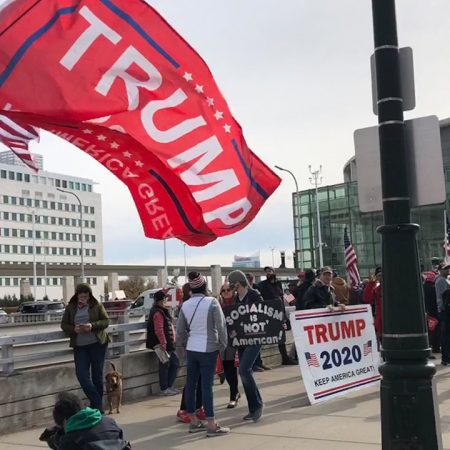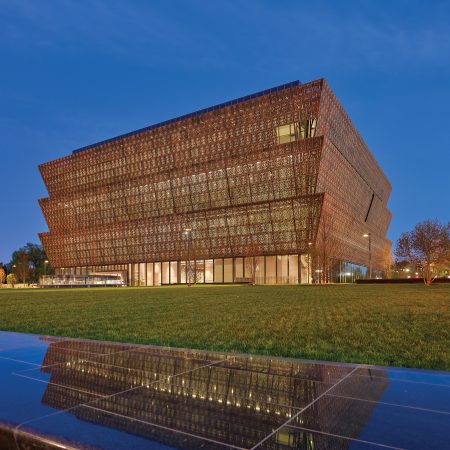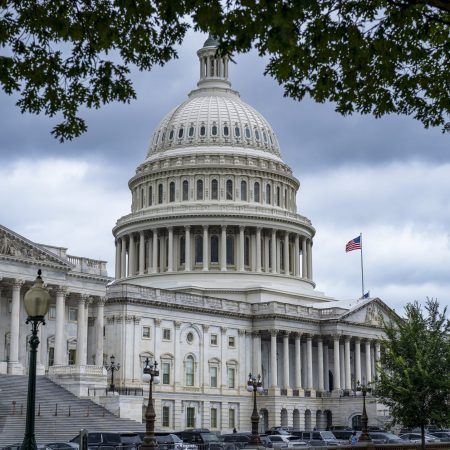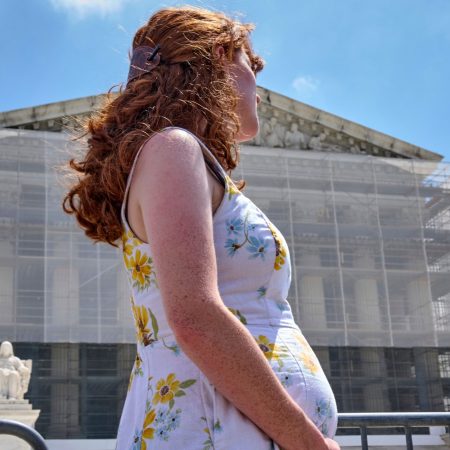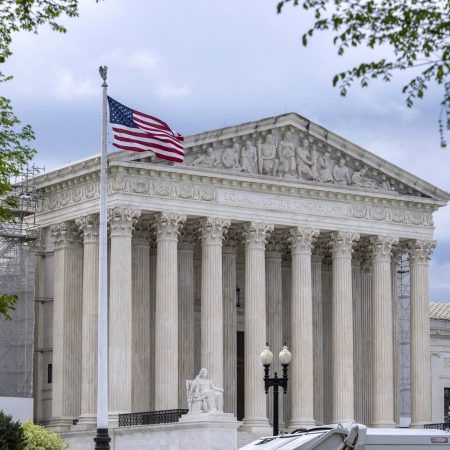ACLU of Michigan seeks release of detainee with leukemia, seven others
The American Civil Liberties Union of Michigan is suing the federal government on behalf of eight people currently held by Immigration and Customs Enforcement.
The civil rights group argues that these undocumented immigrants — many of whom have lived here for over a decade or were brought here as children — are no threat to the public.
33-year-old Jose Daniel Contreras-Cervantes is a Mexican national and has been in custody since a Macomb County traffic stop back in August. He has leukemia that requires daily medication.
Lupita Contreras is an American citizen and Jose’s wife. Their three children are also citizens. She says he’s not getting the care he needs.
“For 22 days, Jose did not receive his medication, which he is to take daily for his leukemia,” Contreras said. “Lapses in his medication and medical treatment can cause severe symptoms, including damage to his vision, infections and the loss of his life.”
Contreras-Cervantes is currently held at the newly-reopened North Lake Correctional Facility in Baldwin.
The ACLU wants a judge to release the eight detainees while their immigration cases go through the court.
The Trump Administration ended a bond program for people awaiting their hearing. The Department of Justice and Immigration and Customs Enforcement are opting to jail undocumented immigrants, oftentimes seeking to deport them without due process.
Many times, immigrants showing up for scheduled court hearings have been taken into custody.
ACLU of Michigan Senior Staff Attorney Miriam Aukerman says judges should have the final say over how these people are detained.
“In this country, due process is fundamental,”Aukerman said. “We don’t just lock people up and throw away the key. Rather, judges decide who should be behind bars. That is true for citizens and non-citizens.”
Another man, Fredy De Los Angeles-Flores, has lived in the U.S. for 15 years, but not legally. However, he is the sole caregiver of his 13-year-old U.S. citizen son.
The ACLU of Michigan has already successfully petitioned to get one man, Juan Manuel Lopez-Campos, released on bond after being detained at the Monroe County Jail.
For the Macomb County Sheriff’s office, Commander Jason Abro told WDET that it is common practice for deputies to inform Customs and Border Patrol when an undocumented immigrant is taken into custody. In Contreras-Cervantes’ case, he was pulled over for speeding, but arrested for not having a valid driver’s license.
Commander Abro says the Macomb County Sheriff’s office is not actively aiding ICE investigations and are not a part of the federal Section 287(g) immigration enforcement program.
Aukerman says the change in policy is meant to punish people who are seeking a better life in the U.S.
“This directive is specifically designed to force people to give up their claims for immigration relief and leave their families behind,” Aukerman said.
“The cruelty of this new directive is not an accident. Cruelty is the point.”
Trusted, accurate, up-to-date.
WDET strives to make our journalism accessible to everyone. As a public media institution, we maintain our journalistic integrity through independent support from readers like you. If you value WDET as your source of news, music and conversation, please make a gift today.Donate today »
The post ACLU of Michigan seeks release of detainee with leukemia, seven others appeared first on WDET 101.9 FM.


